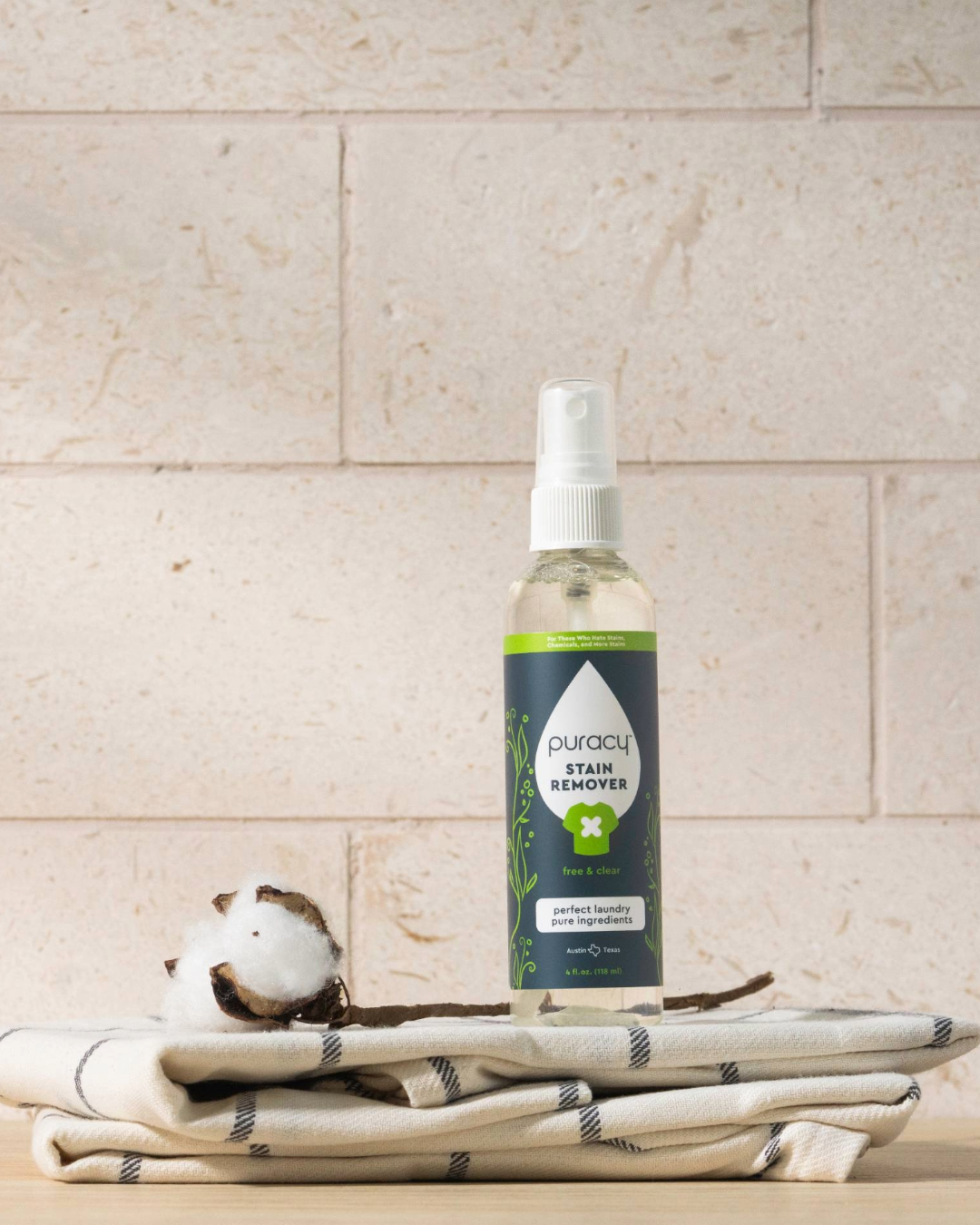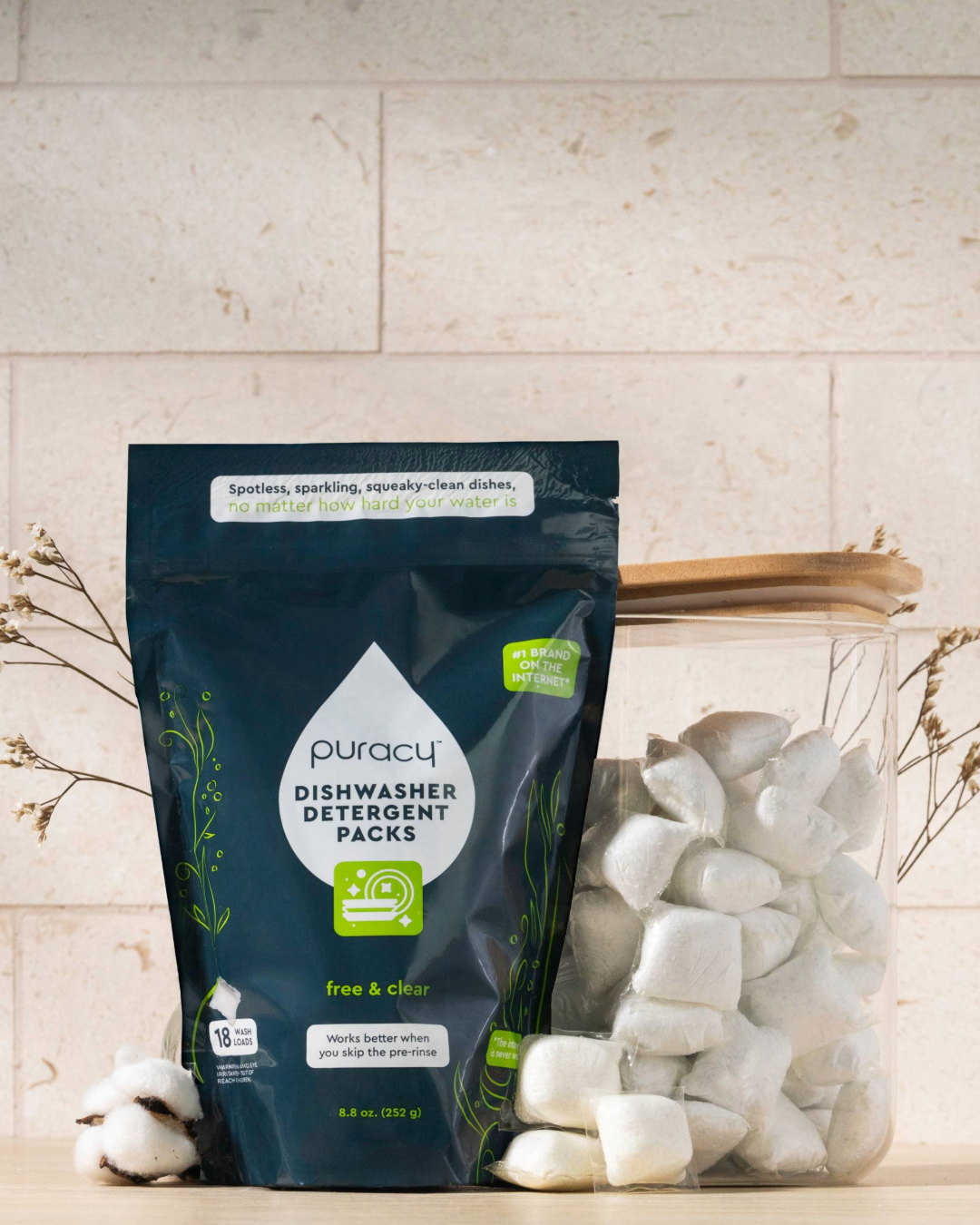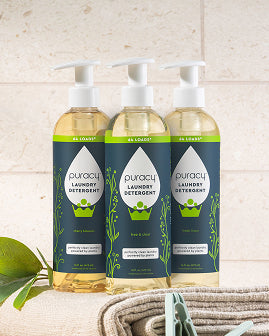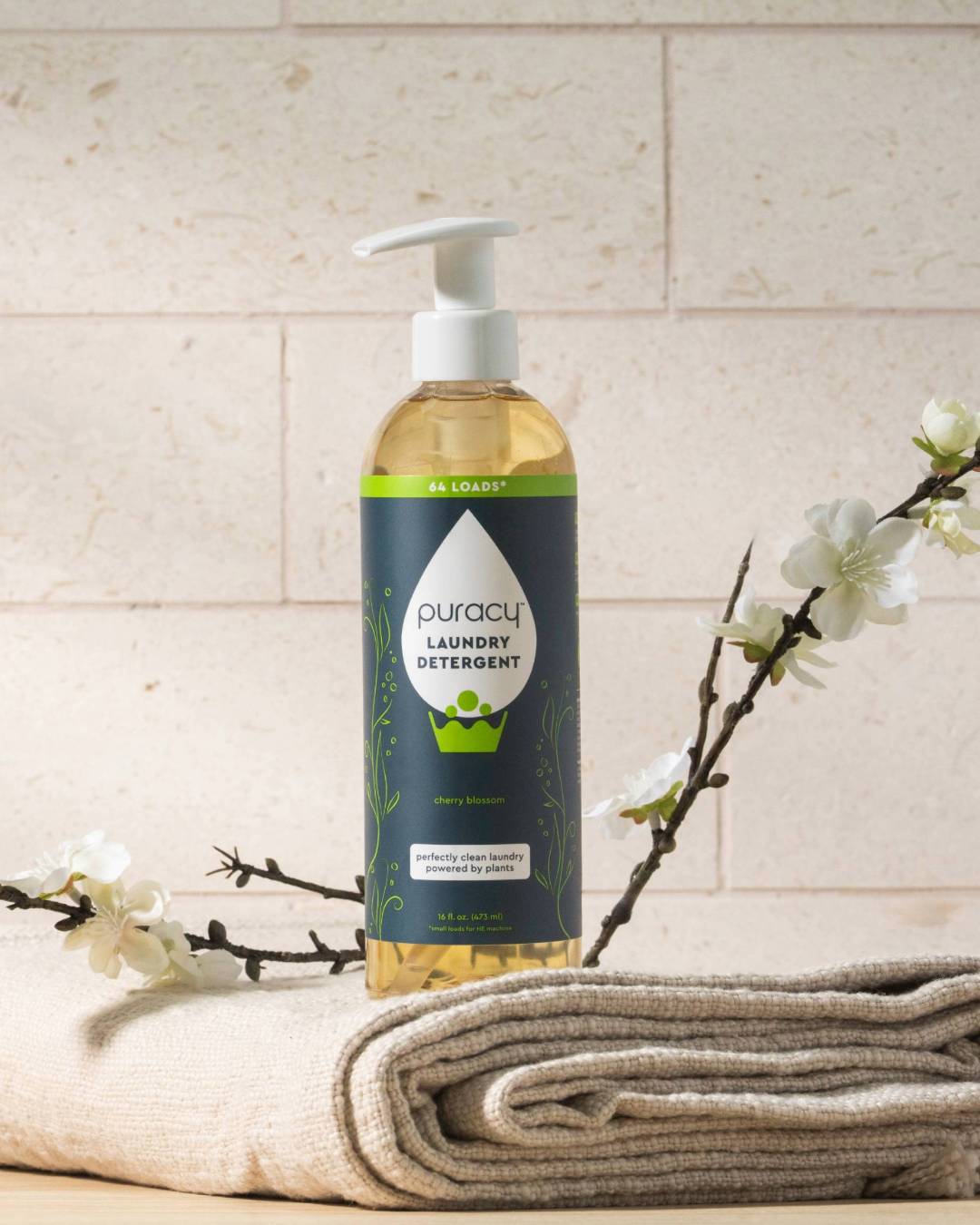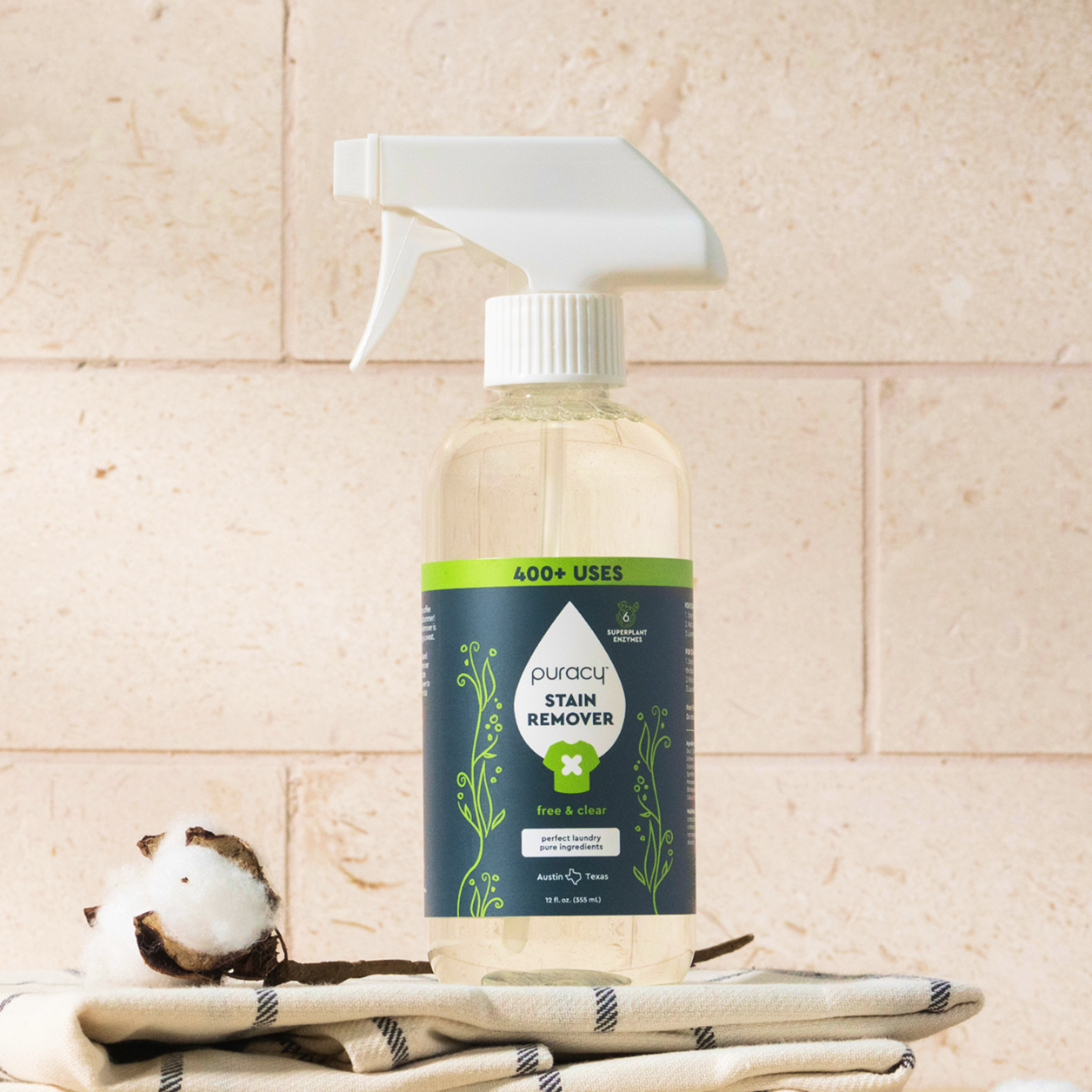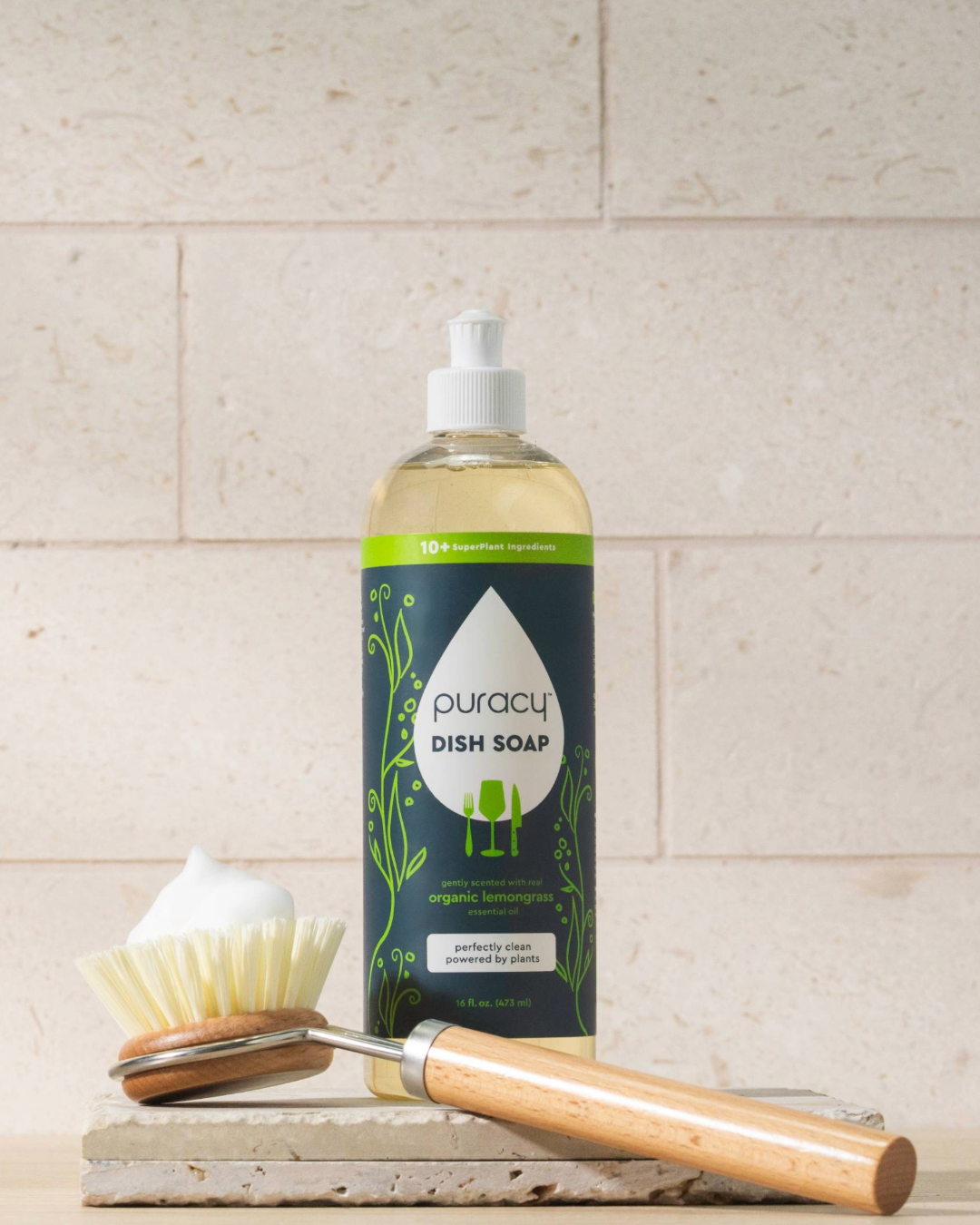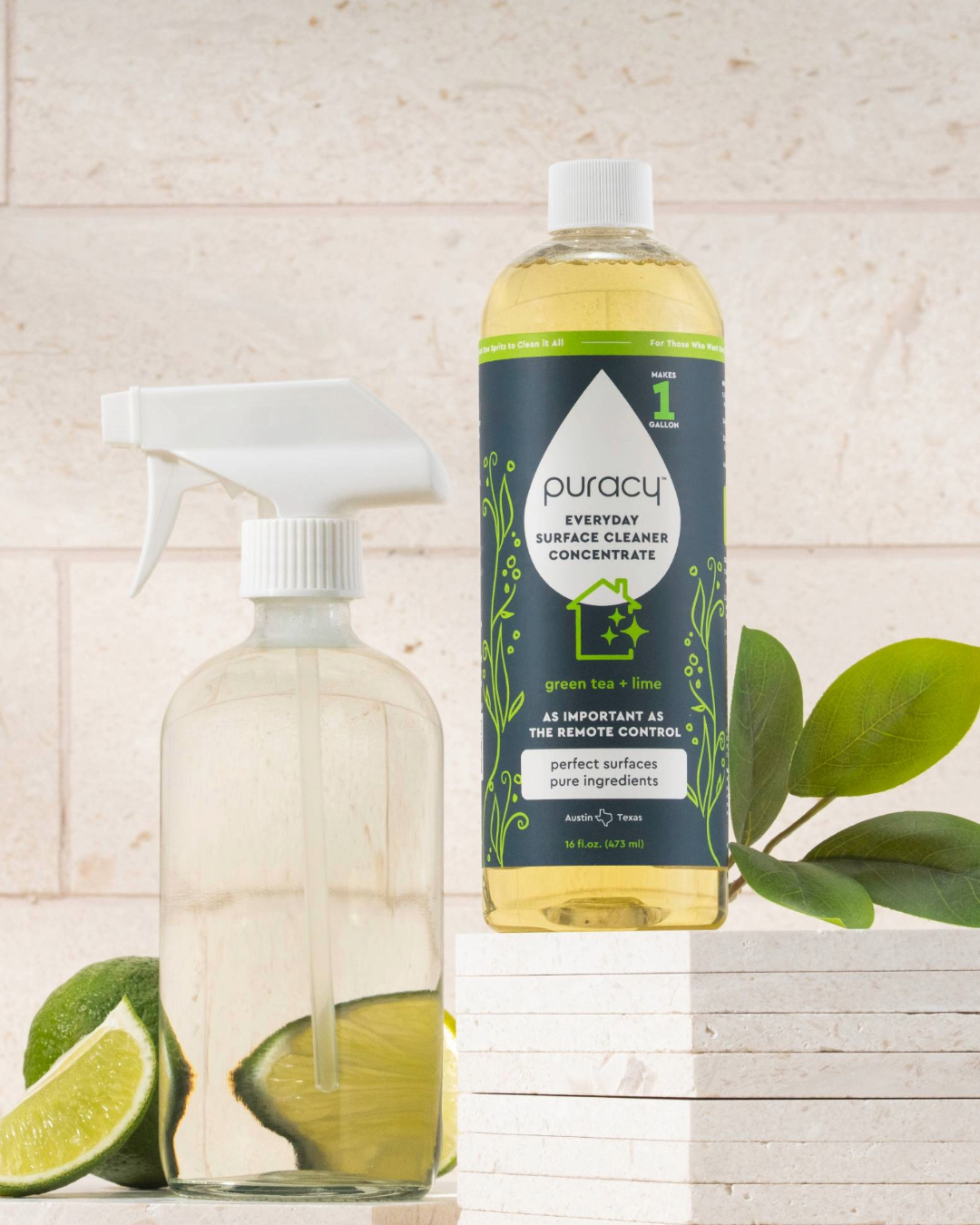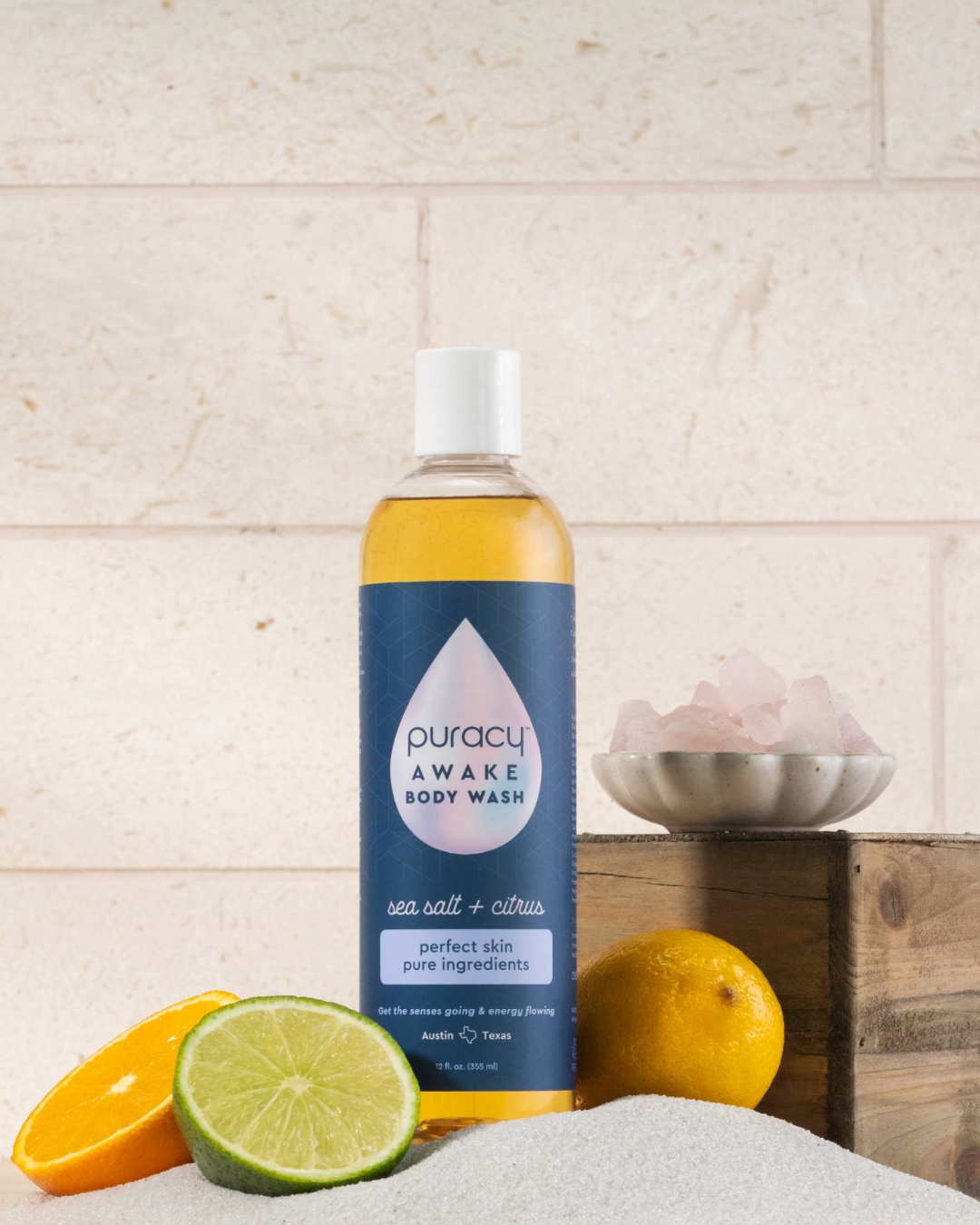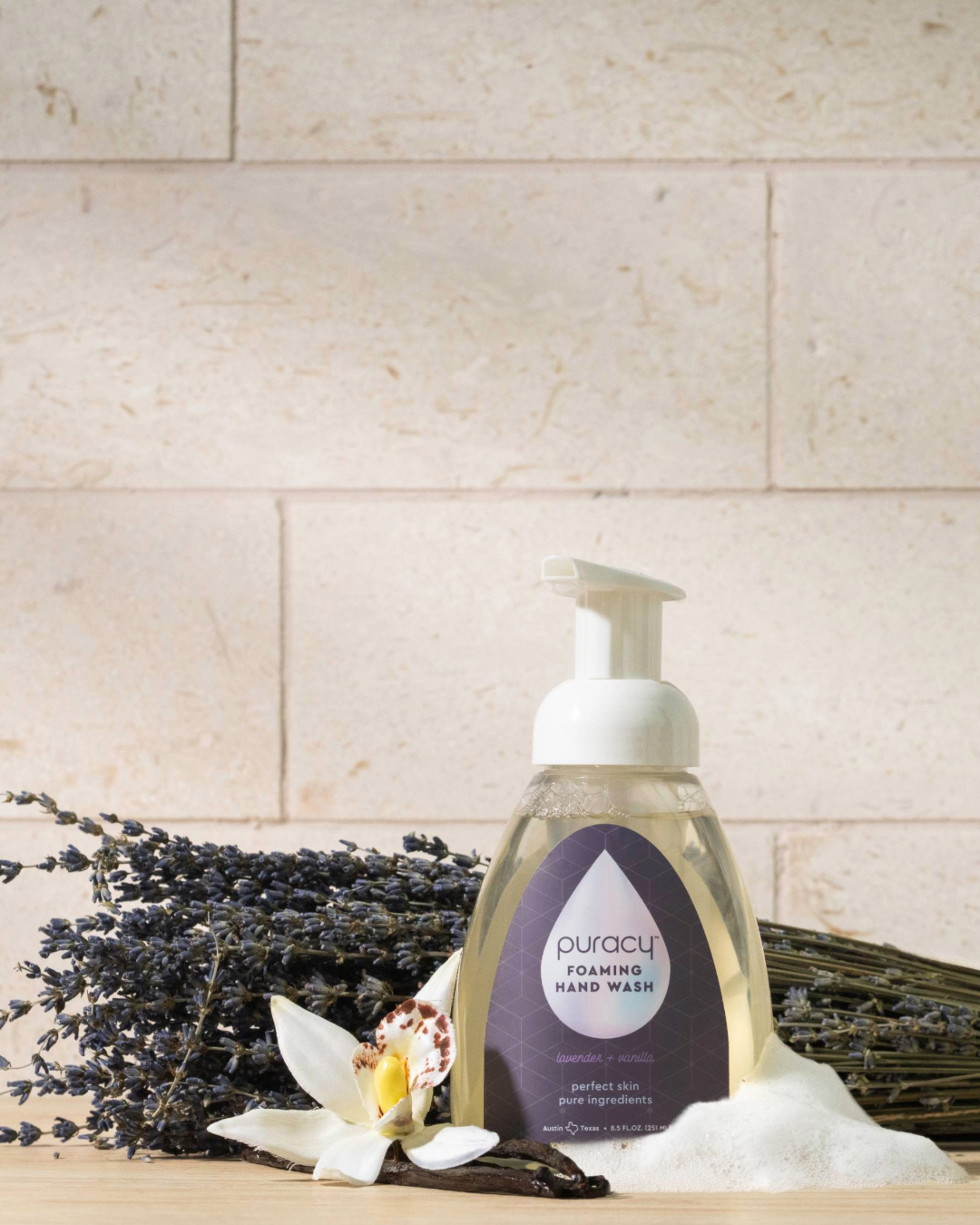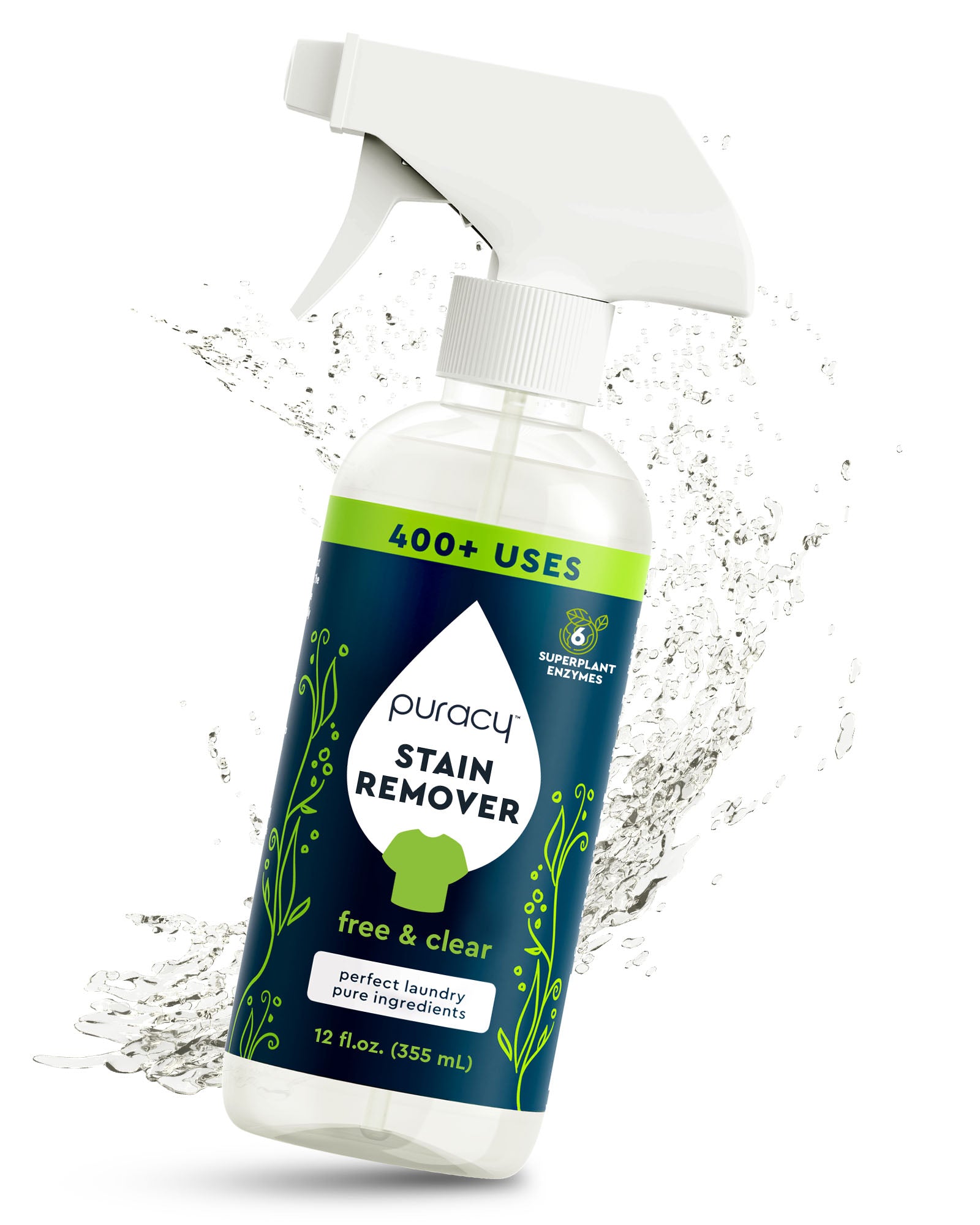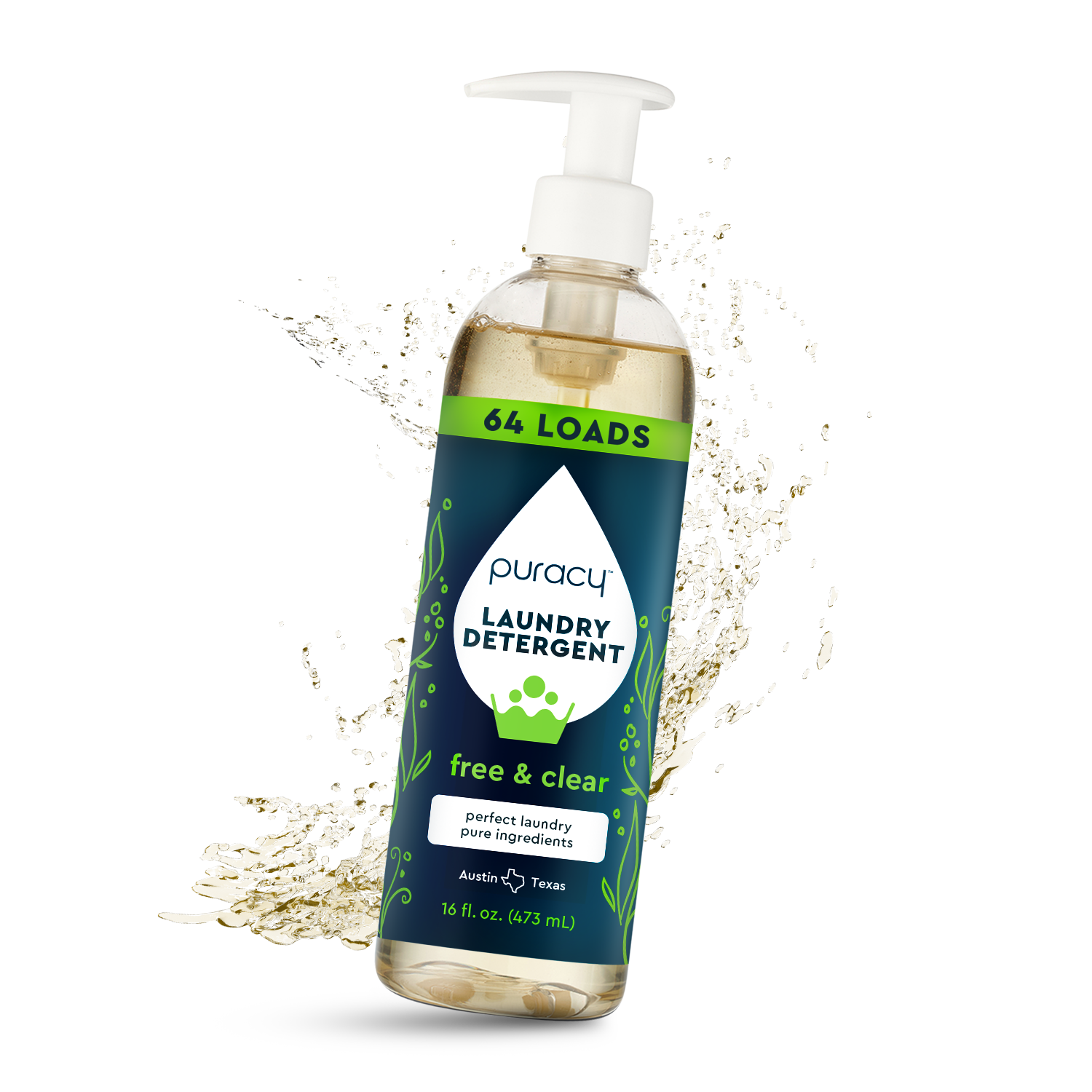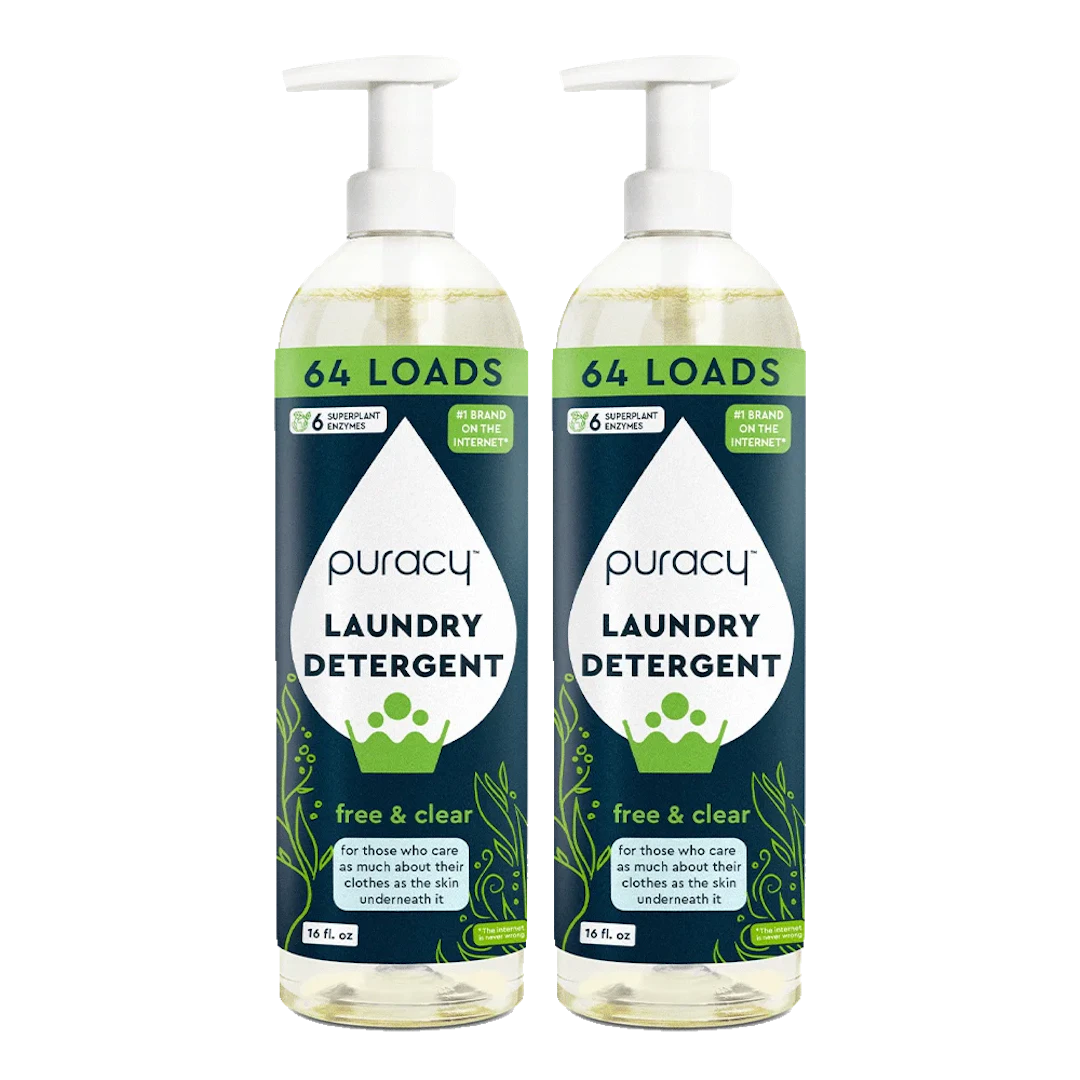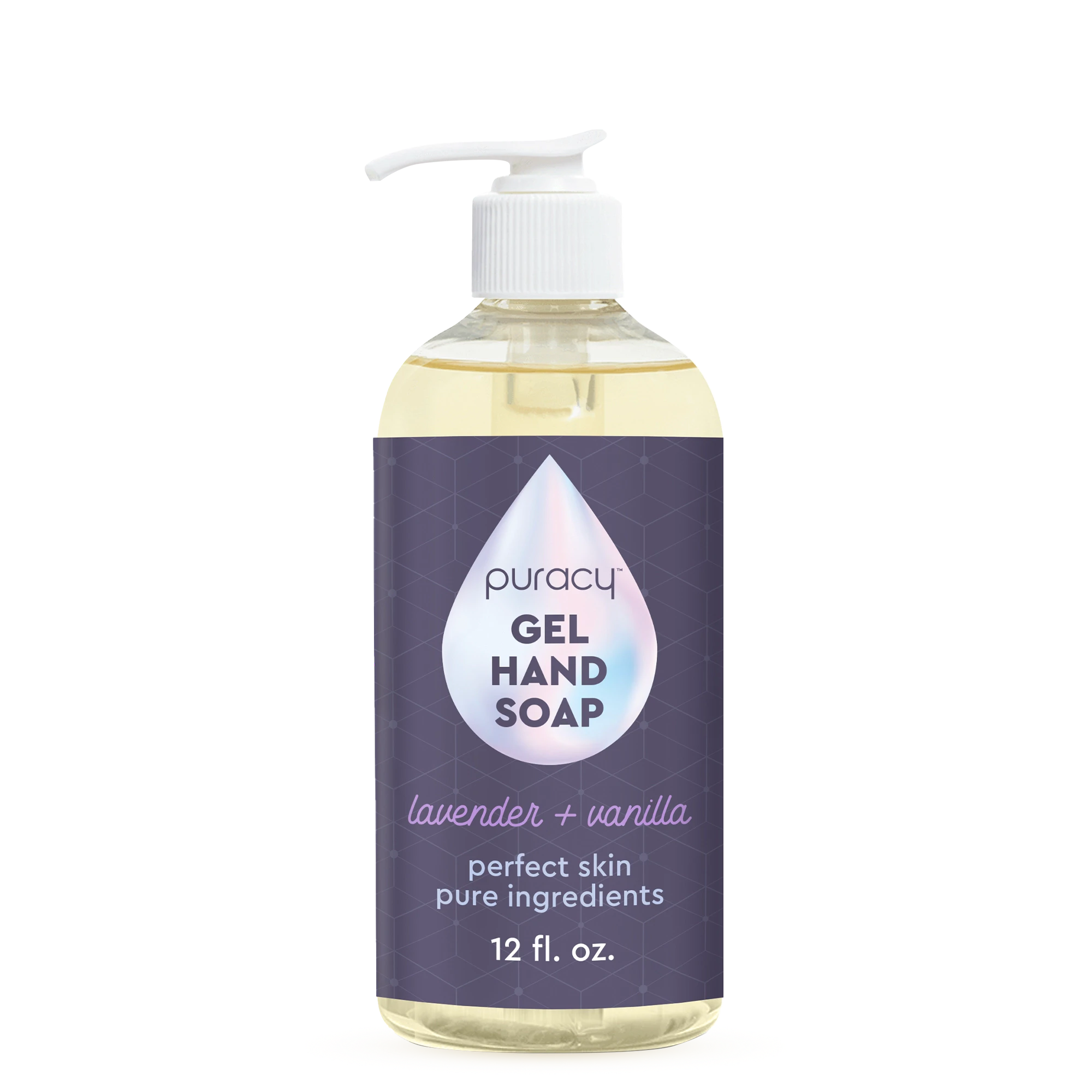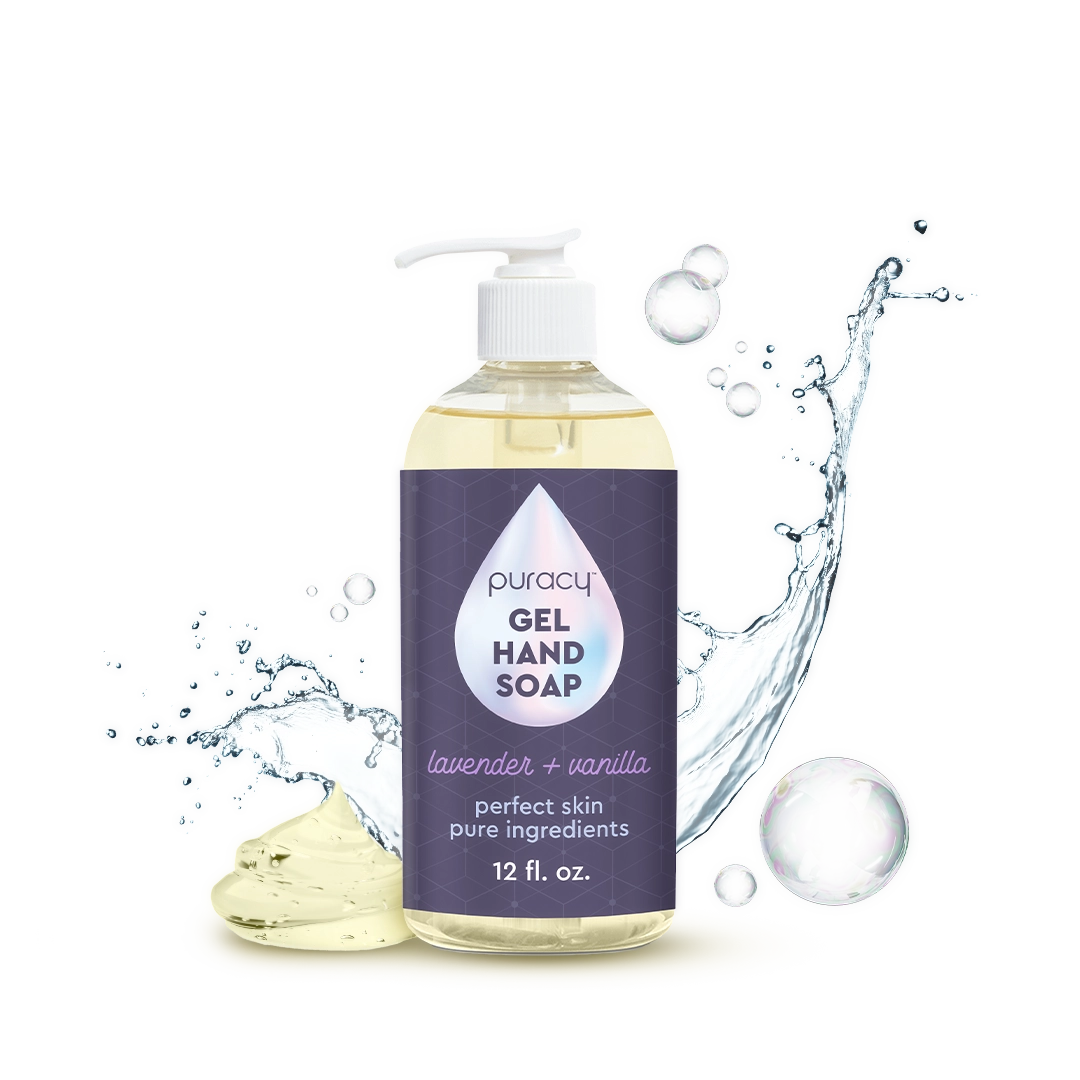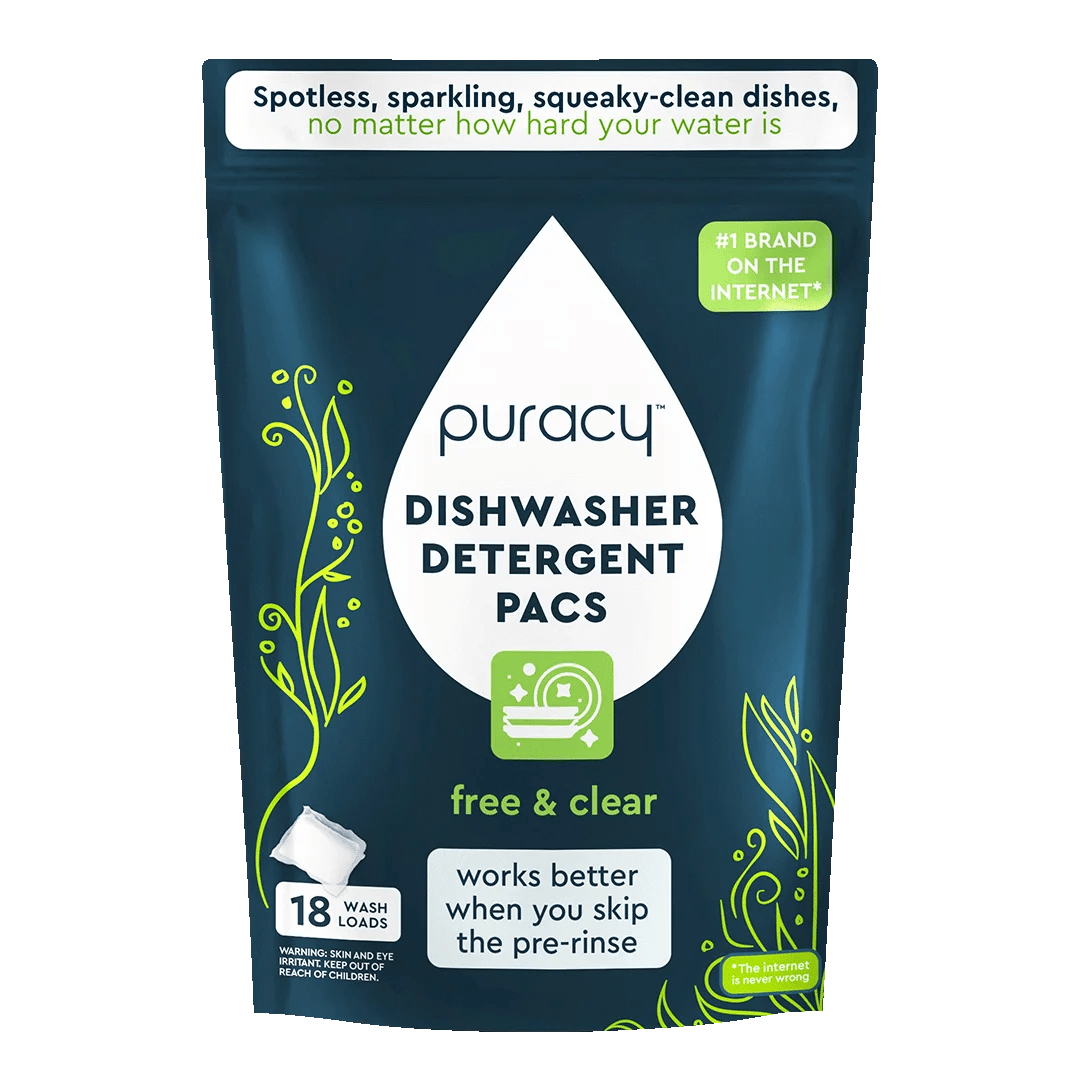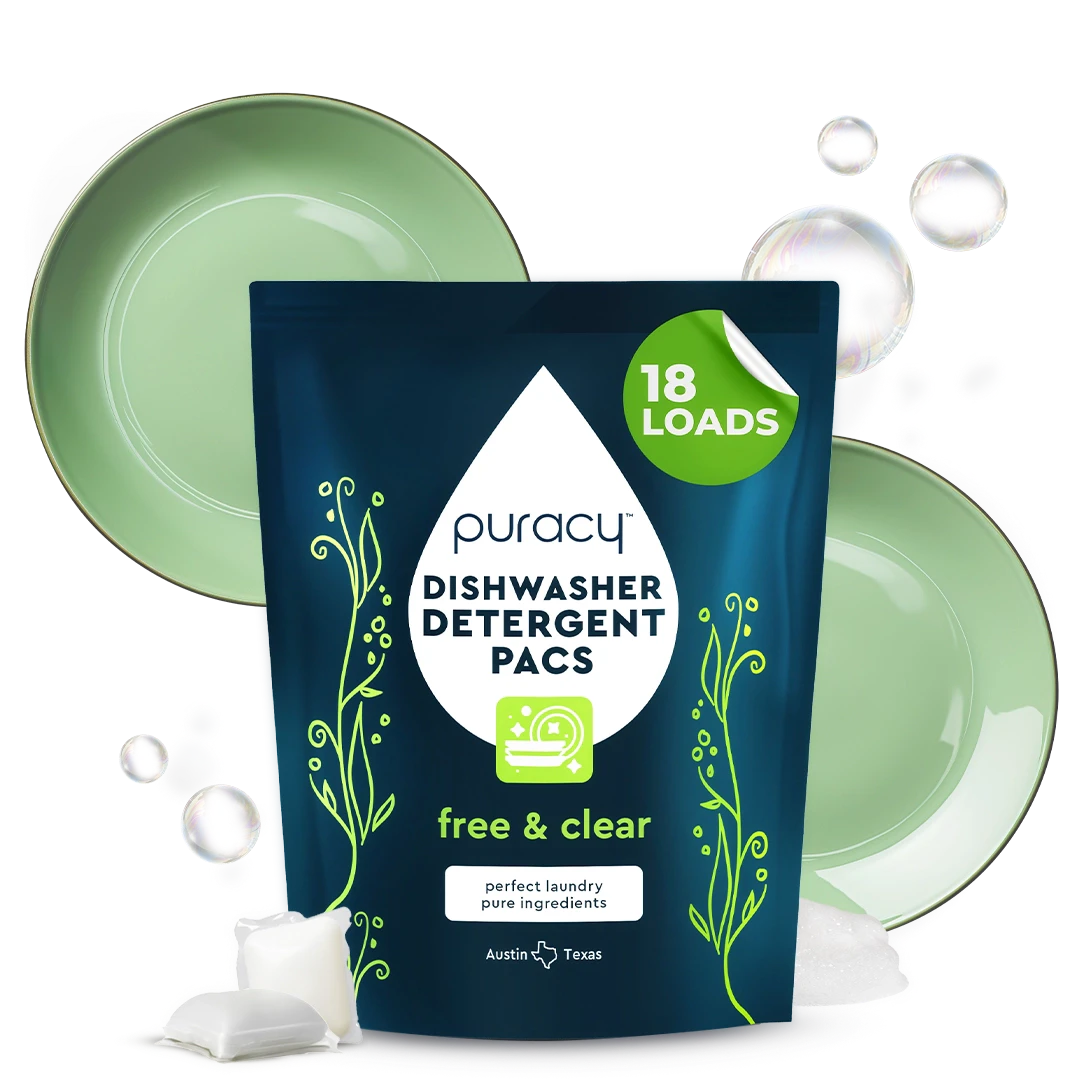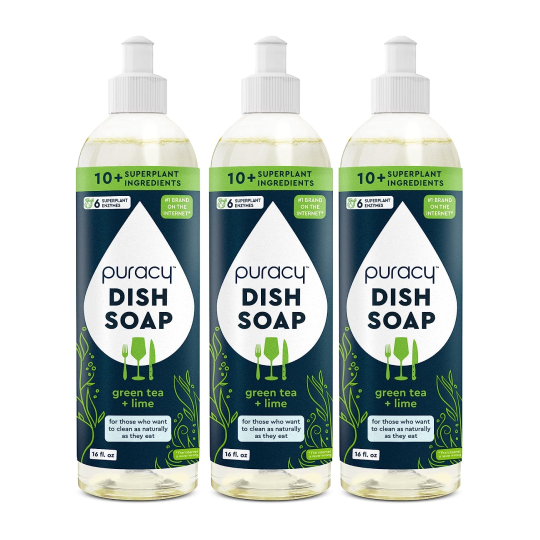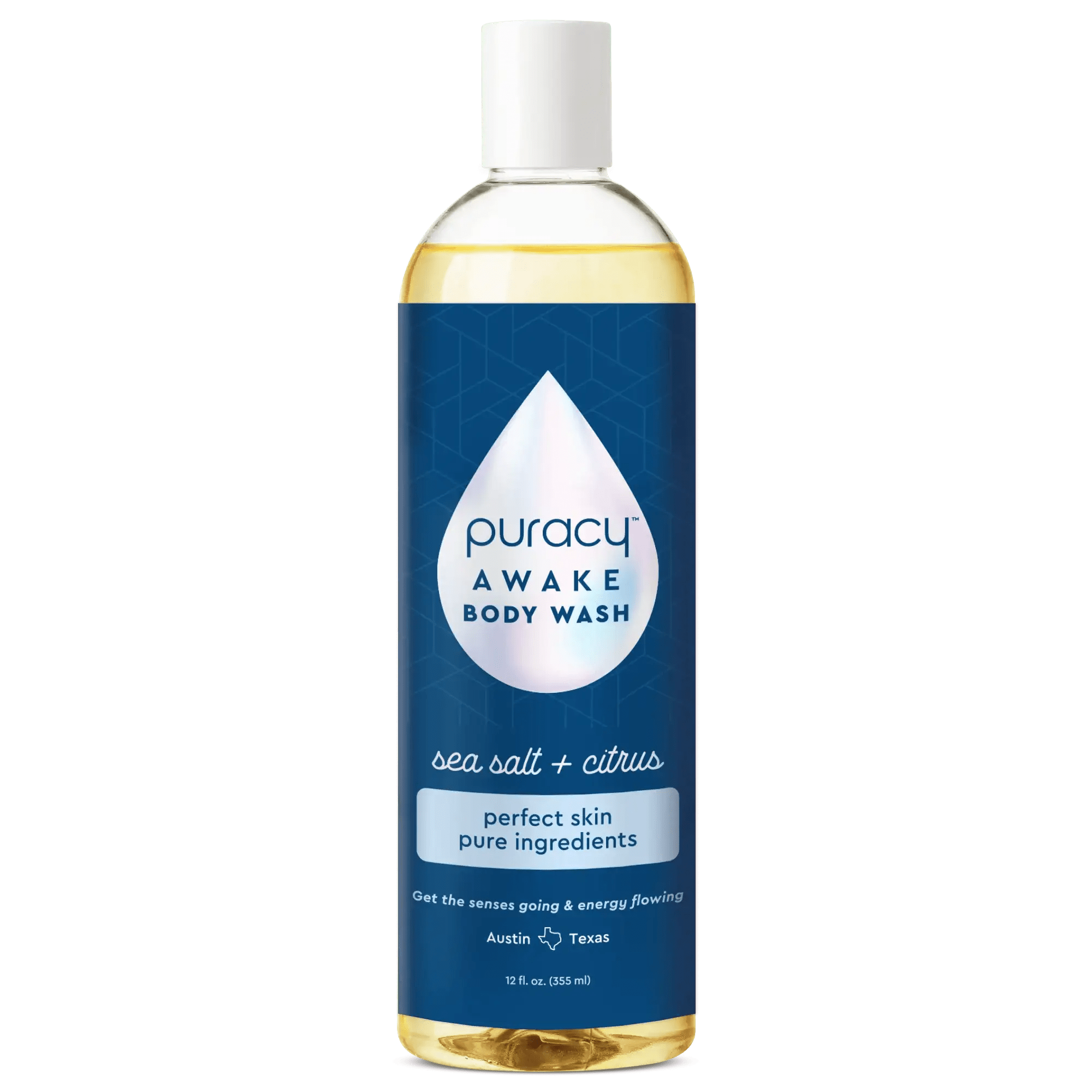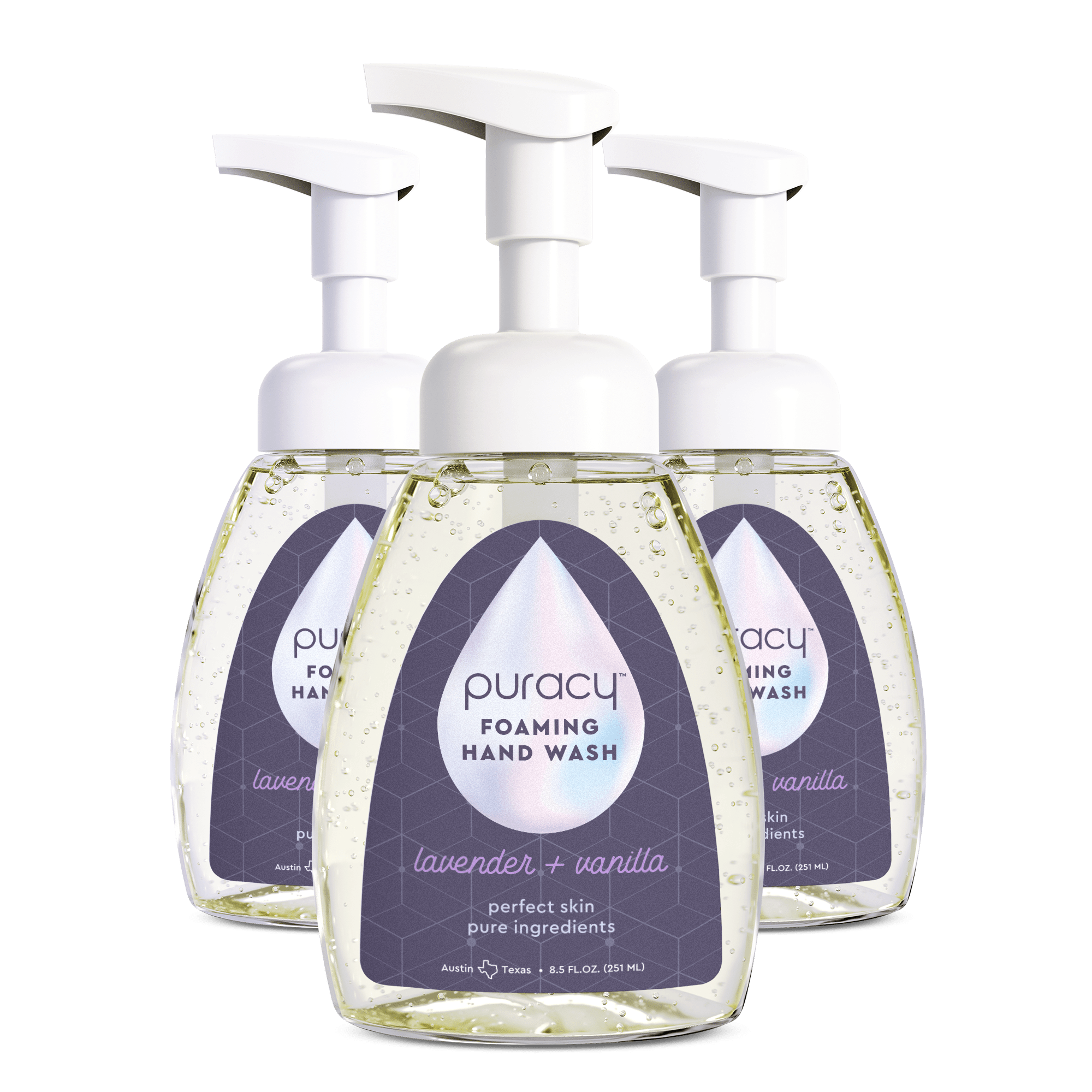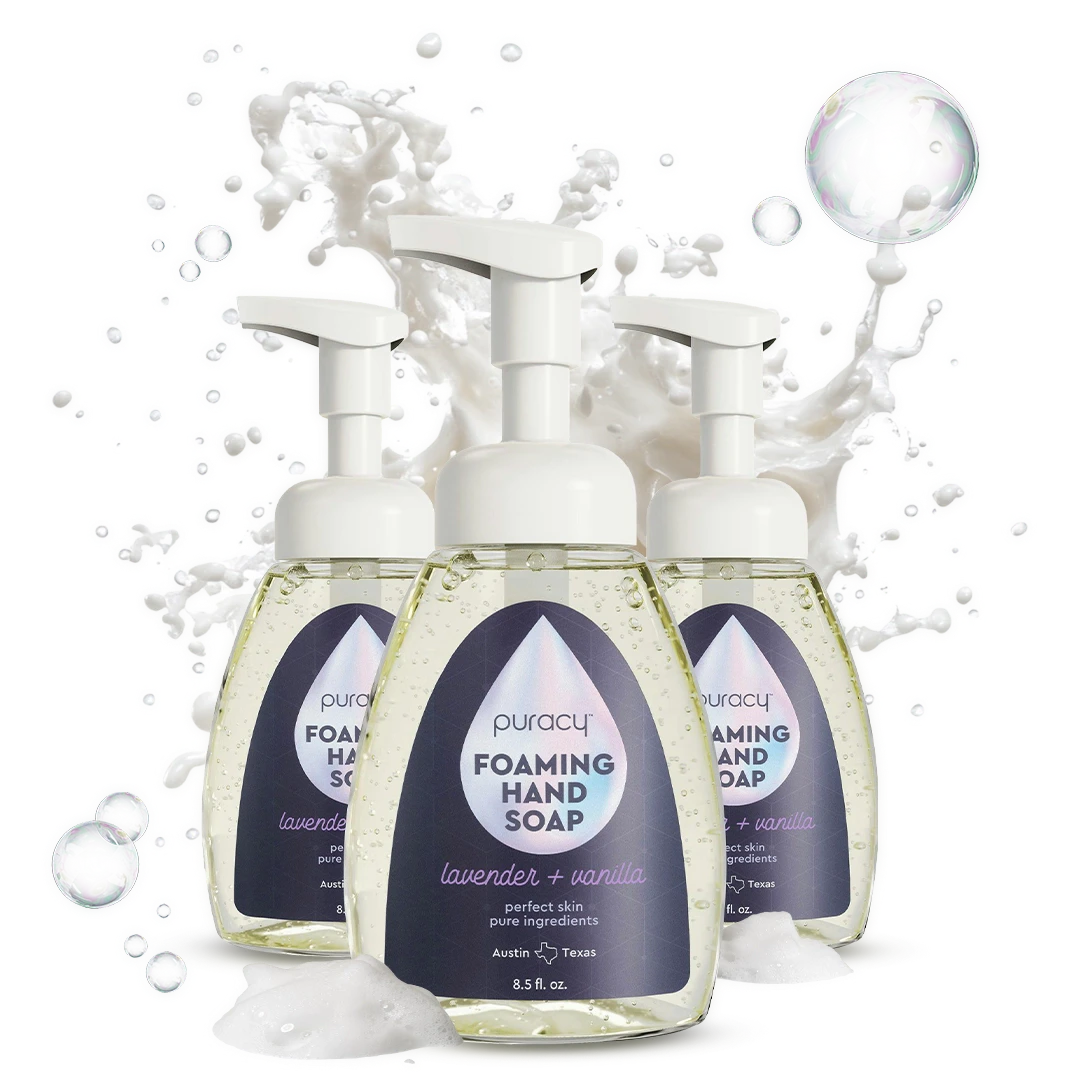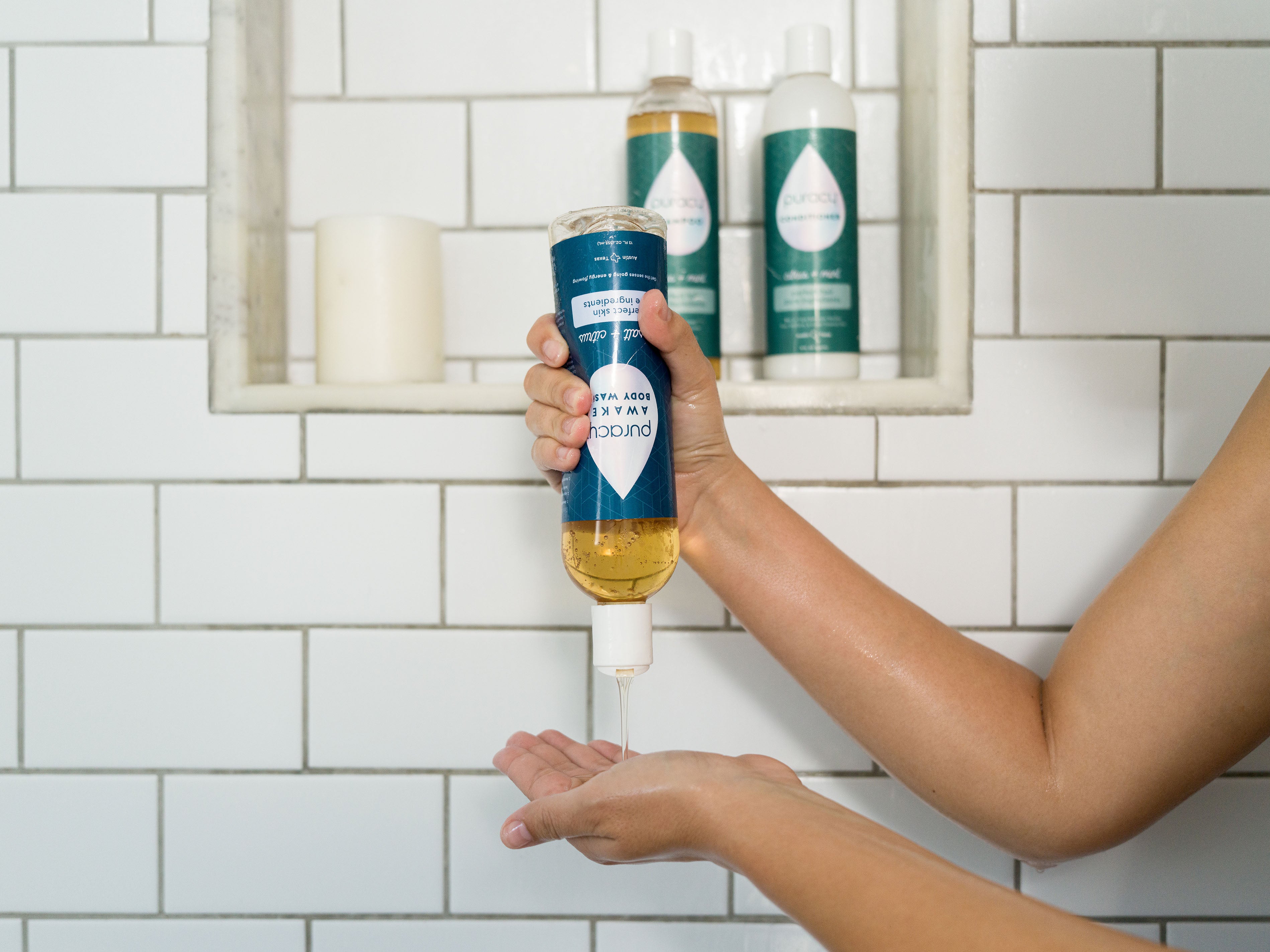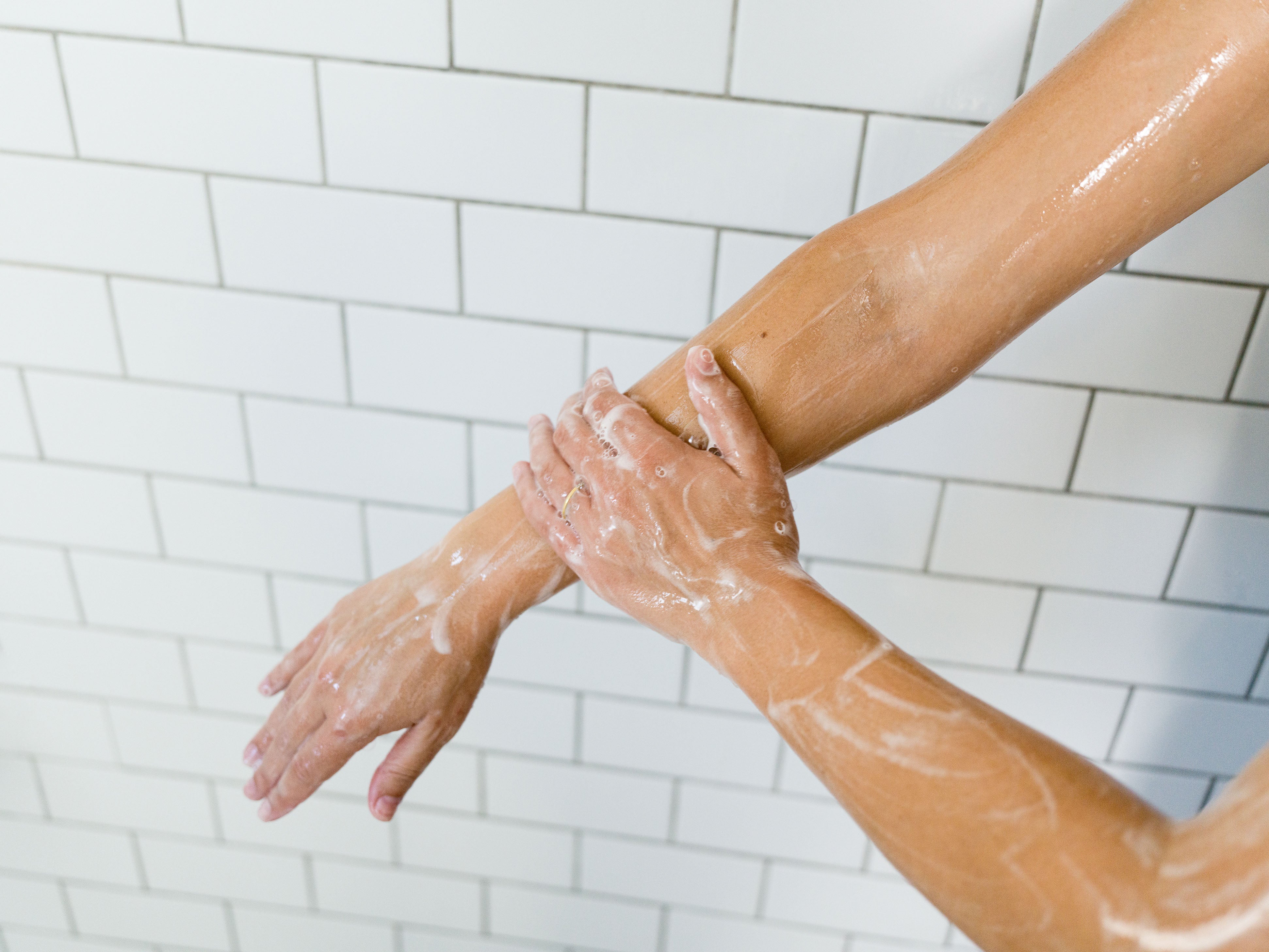
Restoring and Protecting the Skin's Barrier: A Comprehensive Guide
A damaged skin barrier can lead to several derma problems, such as dryness, redness, itchiness, and inflammation. It can also make your epidermis more vulnerable to environmental pollutants and irritants, resulting in acne and other conditions.
Fortunately, there are many ways to heal a damaged skin barrier, and this article will explore some of the most effective methods. We will delve into the science behind the barrier, its essential functions, and provide practical tips for restoring and maintaining its health.
Understanding the Skin Barrier

The skin barrier, also known as the stratum corneum, is the outermost layer of the epidermis. Its primary function is to protect the epidermis from external irritants, pollutants, and bacteria. The stratum corneum is composed of lipids, or fats, that hold cells together.
These lipids create a protective layer on the surface, preventing moisture loss and keeping the epidermis hydrated. In addition to lipids, the stratum corneum contains natural moisturizing factors (NMF), which are water-soluble compounds that help maintain moisture balance.
Causes of Skin Barrier Damage

What should you avoid or be aware of to protect your skin barrier? Everything from the climate and certain skincare products can affect your epidermis, so here are some factors to take into consideration.
1. Overuse of skincare products

Using too many skincare products or using them too often can disrupt the epidermis's natural pH balance, causing the stratum corneum to weaken. Harsh ingredients such as alcohol and fragrance can also damage the skin barrier.
2. Environmental factors

Exposure to harsh weather conditions, such as extreme cold or heat, can damage the skin barrier. Pollutants, such as smog and cigarette smoke, can also weaken the stratum corneum.
3. Genetics

Some individuals may have a weaker skin barrier due to genetic factors. In this case, it is essential to use skincare products that are gentle and formulated for sensitive skin.
4. Inadequate cleansing

Failing to remove makeup, dirt, and impurities can lead to clogged pores and a compromised stratum corneum. It is essential to cleanse the epidermis thoroughly but gently, avoiding harsh scrubs and abrasive exfoliants that can cause further damage.
5. Using harsh, abrasive soap

Traditional soaps can have a high pH, which can disrupt your body's natural acid mantle and weaken the skin barrier. Opt for gentle, pH-balanced cleansers that respect the epidermis's natural acidity.
Healing a Damaged Skin Barrier: Practical Tips

Discover effective ways to replenish and heal your stratum corneum, using natural, nourishing products and daily protective practices.
1. Simplify your skincare routine

Stick to gentle, non-irritating products that are free of harsh chemicals and synthetic fragrances. Look for products that are formulated specifically for sensitive skin. Use a gentle cleanser to wash your face and avoid scrubbing or rubbing too hard. Puracy’s Natural Body Wash is gentle on even the most sensitive epidermis, so you can rest assured your skin barrier is safe when you use it as part of your daily cleaning routine.
2. Use a moisturizer and a barrier cream

A good moisturizer is essential for healing a damaged stratum corneum. Look for a moisturizer that contains ingredients such as ceramides, hyaluronic acid, and glycerin, which help to restore the natural moisture barrier. Apply the moisturizer immediately after washing your face, while your epidermis is still damp, to lock in moisture.
Also, barrier creams are formulated to create a protective layer on the body’s surface, helping to prevent moisture loss and protect the epidermis from external irritants.
3. Avoid hot water

Hot water can be harsh on the skin, stripping away the natural oils and causing further damage to the skin barrier. Use lukewarm water when washing your face or taking a shower, and avoid soaking in hot baths.
4. Protect your skin from the sun

Exposure to the sun's UV rays can further damage the stratum corneum. Always wear a broad-spectrum sunscreen with an SPF of 30 or higher, even on cloudy days. Wear protective clothing, such as a hat and sunglasses, when spending time outdoors.
5. Avoid harsh chemicals

Harsh chemicals, such as those found in some skincare products and household cleaners, can damage the skin barrier. Look for gentle, non-toxic products that are free of harsh chemicals. Check out our list of potentially harmful chemicals to ensure they’re not in any of your commonly used home and personal care products.
6. Eat a healthy diet

Eating a healthy diet that is rich in vitamins and antioxidants can help to support the skin's natural barrier function. Incorporate foods such as fruits, vegetables, nuts, and whole grains into your diet. Essential fatty acids, such as omega-3s, can also help to maintain a healthy stratum corneum. Foods rich in omega-3s include fatty fish, flaxseeds, and walnuts.
7. Stay hydrated

Drinking plenty of water is essential for maintaining health all around. When your body is dehydrated, your epidermis can become dry, flaky, and itchy, which can further damage the skin barrier. Aim to drink at least eight glasses of water per day, and avoid dehydrating beverages such as alcohol and caffeinated drinks.
8. Get enough sleep

Sleep is essential for overall health, including skin health. When you're sleep-deprived, your body produces more cortisol, a hormone that can weaken the stratum corneum. Aim to get at least seven to eight hours of sleep per night.
9. Consider seeing a dermatologist

If you have a severely damaged skin barrier or if you're experiencing persistent problems such as acne or eczema, consider seeing a dermatologist. They can recommend appropriate treatments and products tailored to your specific needs, helping you to restore your skin's natural barrier function.
10. Be patient

Healing a damaged stratum corneum takes time. Depending on the severity of the damage, it can take anywhere from a few weeks to a few months to fully recover. Be consistent with your skincare routine and be gentle with your epidermis during this time.
11. Avoid over-exfoliation

While exfoliation can help remove dead skin cells and improve the texture, overdoing it can weaken the skin barrier. Limit exfoliation to once or twice a week, and opt for gentle exfoliants such as lactic acid or enzymes, rather than harsh scrubs or physical exfoliants.
12. Use a humidifier

Low humidity levels can cause your epidermis to become dry and dehydrated, which can further damage the stratum corneum. Consider using a humidifier in your home, particularly during the winter months when the air is naturally drier.
13. Be mindful of your environment

Environmental factors such as pollution and extreme temperatures can have an impact on your stratum corneum. If you live in an area with high pollution levels, consider using an air purifier in your home. When outdoors in cold weather, protect your epidermis with appropriate clothing and use a moisturizer to prevent dryness and irritation.
14. Take care of your skin from the inside out

In addition to a healthy diet, consider taking supplements that support epidermis health, such as biotin, vitamin E, and omega-3 fatty acids. These nutrients can help improve overall health and support the skin barrier function.
15. Address stress

High levels of stress can negatively impact your skin, leading to increased inflammation and a weakened stratum corneum. Make an effort to manage stress through practices such as mindfulness, meditation, exercise, or seeking professional help if necessary.
16. Be aware of skin irritants

Certain fabrics, such as wool or synthetic materials, can cause irritation and damage the skin barrier. Opt for clothing made from natural fibers like cotton or silk, which are gentler.
Also, be aware of potential allergens in your skincare products or household items, such as laundry detergents, and choose hypoallergenic options when possible. Puracy’s Natural Laundry Detergent is formulated with natural, plant-powered ingredients that is tough on stains while also being gentle on even the most sensitive types.
Be mindful as well of potential irritants in your environment, such as cigarette smoke, harsh cleaning products, and allergens like pet dander or pollen. Limit your exposure to these irritants to help protect your stratum corneum.
17. Practice good hand hygiene

Our hands come into contact with various irritants and allergens throughout the day. Washing your hands frequently and thoroughly can help prevent the transfer of these irritants to your face, which can weaken the skin barrier. Make sure to moisturize after each hand washing to prevent further damage.
Protect Your Skin Barrier with Puracy Personal Care Essentials

A damaged skin barrier can cause several epidermis problems, but there are many ways to heal and protect it. By following the tips outlined in this article, such as simplifying your skincare routine, using products with natural, plant-powered formulas such as our Natural Body Wash and Organic Lotion, as well as avoiding hot water and harsh chemicals, protecting your epidermis from the sun, eating a healthy diet, staying hydrated, getting enough sleep, and seeking professional help if necessary, you can restore your natural moisture barrier and protect it from external irritants, pollutants, and bacteria.
Remember, your skin is unique, and what works for one person may not work for another. It is essential to listen to your skin and adjust your routine as needed to ensure the health and integrity of your skin barrier. As you make these changes and give your epidermis the care it needs, you will likely notice improvements in its overall appearance and function, leading to healthier, more radiant skin.
